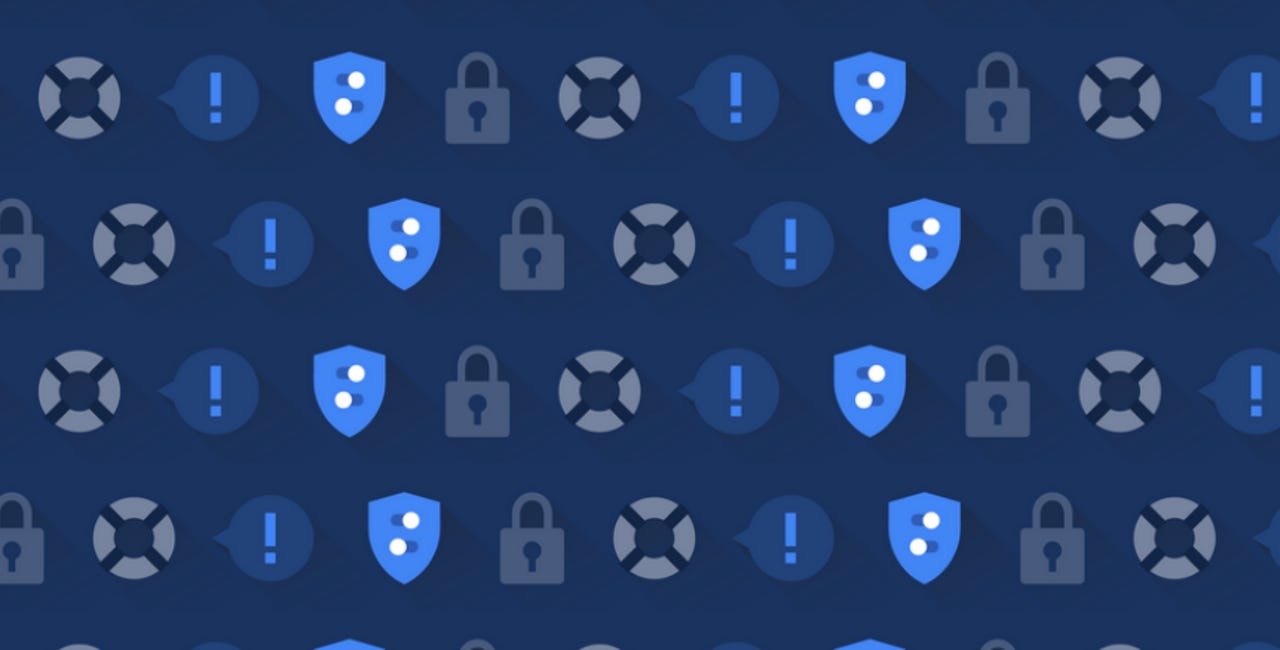Google bolsters security tools on Google Cloud, G Suite


Google on Wednesday announced a bevy of new security features for both the Google Cloud Platform and G Suite that aim to give businesses more control over their security environment.
Featured
On the Google Cloud Platform side, the tech giant unveiled VPC Service Controls. Currently in alpha, the controls function like a firewall for API-based services on GCP, preventing data exfiltration in the event of a breach.
"Imagine constructing an invisible border around everything in an app that prevents its data from escaping, and having the power to set up, reconfigure and tear down these virtual perimeters at will," said Google's VP for security and privacy, Gerhard Eschelbeck, in a blog post.
Google also is launching its Cloud Security Command Center tool that the company said gives enterprises deeper insights into the health of their data security across Google Cloud services. Its primary function is to help businesses gather data, identify threats, and act on threats before data is compromised or lost.
For additional risk assessment capabilities within Security Command Center, Google is partnering with Cloudflare, CrowdStrike, Dome9, RedLock, Palo Alto Networks, and Qualys to pull in additional security data that will help detect DDoS attacks, compliance violations, network intrusions and other threats.
Google is going even further on the DDoS and application defense front with the launch of Cloud Armor. The new service offers IP whitelisting and blacklisting tools and integrates with Google's Cloud HTTP(S) Load Balancing service.
As for G Suite, the big theme of the day is its new anti-phishing capabilities. Google said it's added machine learning to its threat indicators to automatically flag suspicious emails that have encrypted attachments or embedded scripts. At the same time, updated phishing security controls can now be configured to automatically switch on the most recent Google-recommended defenses.
Google also announced that mobile devices that access G Suite will have new proactive security settings automatically enabled. Meanwhile, the recently released security center for G Suite is getting a few upgrades, including new security and mobile management charts.
The big takeaway from today's slew of announcements is that Google wants its customers to know that it's emphasizing products that protect an organization's sensitive data and assets. The tech giant has in the past rolled out advanced phishing detection through machine learning and tools to prevent data leakage via DLP for Google Drive.
Last July, the company introduced a feature for G Suite that enabled organizations to limit which third-party apps could gain access to its users' data. The feature prompted admins to create a list of pre-approved apps with OAuth apps whitelisting, which allowed users to grant access to personal G Suite data to any of the apps on the whitelist.
Before that feature launched, however, Gmail users were hit by a phishing attack that abused Google's OAuth login page where third-party apps requested access to different permissions in Gmail. After the incident, among other steps it took, Google slowed down the process for publishing web apps.
PREVIOUS AND RELATED COVERAGE
Google updates Stackdriver, its suite of cloud application monitoring tools
The monitoring, logging, and diagnostics suite is getting new features and expanded free log limits.
Google brings new AI, machine learning features to Sheets
With an infusion of AI, Sheets will now suggest a pivot table based a simple natural language query.
Google unveils Hire, a recruiting app for SMBs using G Suite
With the app, G Suite customers can manage job postings, identify talent, screen and interview candidates, and collect interview feedback.